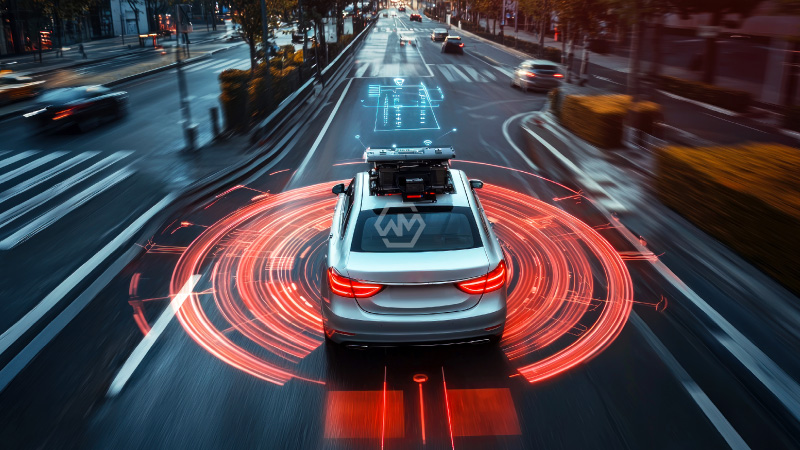- Waymo’s recall raises questions about the safety of autonomous vehicles globally.
- India’s roads present unique challenges for AV deployment, from chaotic traffic to inconsistent infrastructure.
- Local startups and global players eye India’s potential AV market despite regulatory and technological gaps.
Waymo’s recall of over 1,200 self-driving vehicles after multiple low-speed collisions highlights the persistent safety concerns surrounding autonomous technology.
India’s projected autonomous vehicle market, estimated to reach $23 billion by 2033, presents immense opportunities for tech and automotive sectors.
Self-Driving Cars in India: Too Soon to Start the Engine
Waymo’s recent recall in the US casts a shadow over the global rollout of autonomous vehicles. This is particularly true in regions with complex traffic systems like India. Despite deploying advanced software, Waymo’s fleet faced collisions with stationary objects. This emphasizes that AV systems still struggle with nuanced, unpredictable situations.
In India, the chaotic traffic, lack of lane discipline, and unpredictable pedestrian behavior present formidable challenges for AV systems. While companies like Minus Zero are developing solutions tailored to India’s conditions, widespread deployment remains speculative. This is due to inadequate infrastructure and unreliable data networks.
The regulatory landscape also poses hurdles. Unlike the US, where AV testing frameworks are more developed, India is still in its nascent stages of policy formulation for autonomous vehicles. Liability, insurance, and data privacy regulations remain largely undefined. This complicates potential AV rollouts.
Despite the challenges, India’s burgeoning tech sector is optimistic. With investments pouring into electric vehicles and AI, the groundwork for autonomous vehicles is slowly taking shape. Collaborations between Indian startups and global tech giants could accelerate the transition. However, it will only work if regulatory and infrastructural gaps are addressed effectively.
India’s road to autonomous vehicles is long and winding. Yet, with strategic investments and regulatory foresight, the journey may just be possible.
“India’s roads are unpredictable — but so is its potential for technological transformation.”



